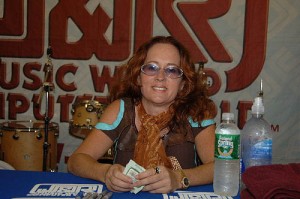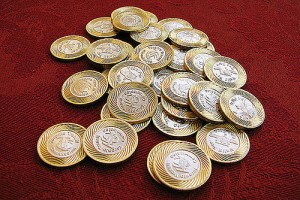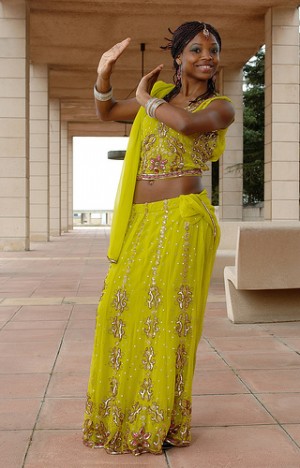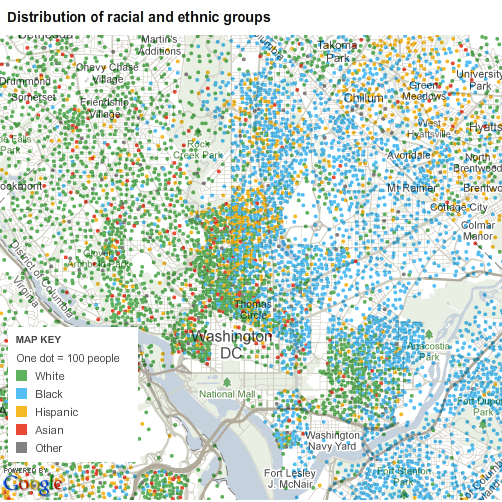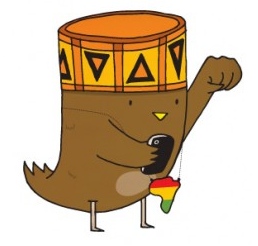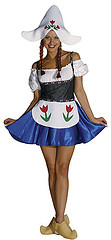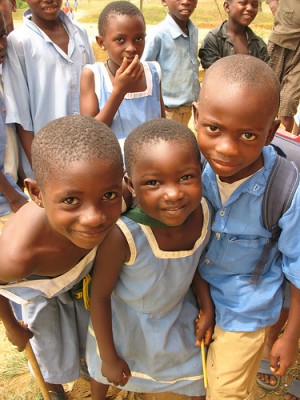I’m old enough to remember Teena Marie during her heyday; the singular singer-songwriter passed away on Sunday. Last night, while running errands, I overheard a conversation about the R+B musician that has been recurring since 1979:
CVS shopper #1: “Yo, did you know Teena Marie was white?”
CVS shopper #1: “What? I just thought she light-skinned! She sings like she’s Black!”
Race is a complicated minefield of a topic, and exploring it takes a gentle touch plus a Costco-sized vat of sensitivity. That’s why I enjoyed reading Ta-Nehisi Coates’ “The Indomitable Blackness of Teena Marie”:
Teena Marie died on Sunday, and on every Martin Luther there was a collective wail. That line—”I’m a black artist with white skin”—is the kind of comment that usually causes black people to suck their teeth and groan. But Teena Marie died with an eternal hood-pass. The term “blue-eyed soul” is presently being affixed to her, but it borders on disrespect. It”s like Negroes “liked” the Eurythmics, we “liked” Madonna and some of that Hall and Oates, but Teena Marie was beloved. She was not simply in that George Michael “Father Figure” category, she was of that Chaka Khan/Freddie Jackson/Jeffrey Osborne/Denise Williams stamp. You did not hear Teena Marie and say, “I thought she was black,” you said, “No, seriously, I’m sure she’s black.”



